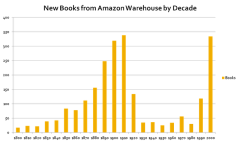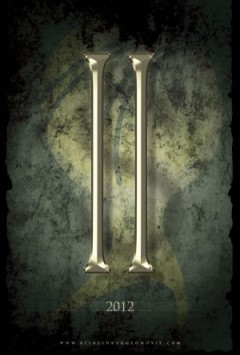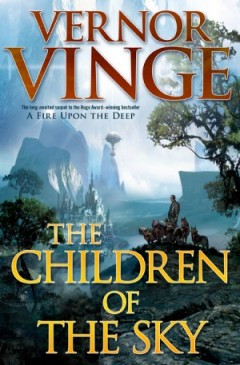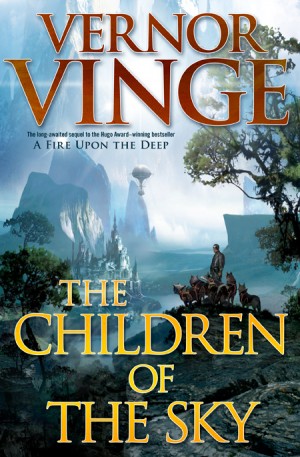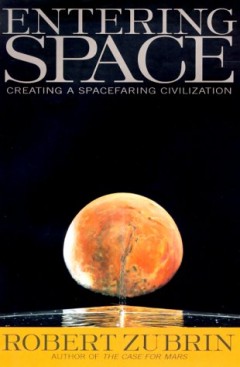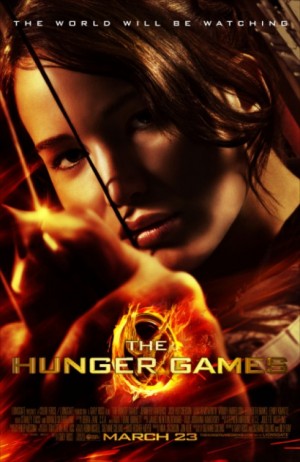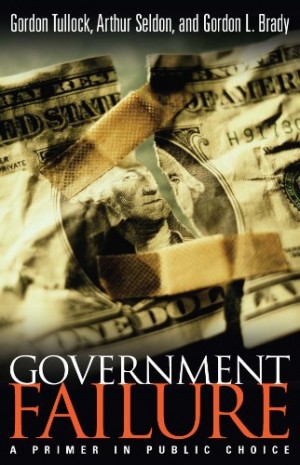
How gigantically humongous and intrusive is the federal government? A traditional measure is to look at the pages of regulations in the Federal Register, which is, by now, probably the world’s largest book collection. The problem with this approach is that it takes no account of how a single bad regulation can have monstrously deleterious effects.
Copyright regulation is a good example of this. There was no universal enforcement until the very late part of the 19th century, and terms were mostly short in the early days of this regulation. In the course of the 20th century, regulations became ever more tight and the copyright terms ever longer, so much so that today, the words you sign away to a conventional publisher are theirs to keep for your lifetime plus 70 years!
One standard argument for doing this is that noncopyrighted works will not be efficiently exploited. You have to assign ownership or else the resource will vanish into the ether. No one will care about it, and civilization will lose extremely valuable literary works. Our market for ideas will be impoverished.
Now, to me, this argument seems obviously false, but that’s probably because of my own experience in publishing. I’ve seen it happen — so many times that it is predictable — that once a work has fallen out of print but is still under some kind of protection, it is mostly neglected by the heirs. No one who “owns” the work has the incentive to bring it to light, while those who care about it fear the law or don’t want to pay some arbitrary price set by the owners.
Meanwhile, when a work is public domain, there are dozens of people bidding to get it into print. This was true all throughout history, actually. The reason American school kids in the 19th century read British literature is that it was not regulated in the United States, and therefore, it could be sold very cheaply and distributed very widely. It is true today: Whether music or books, the material in the commons is far more in demand than that which is regulated. And the demand leads to the supply.
In other words, the opposite of the conventional exploitation theory is correct. The copyrighted works drop from memory, while the public domain works last and last. But of course, this observation draws from my deep involvement in the industry, and we can’t expect academic scribblers to understand anything about how the world actually works in real life.
